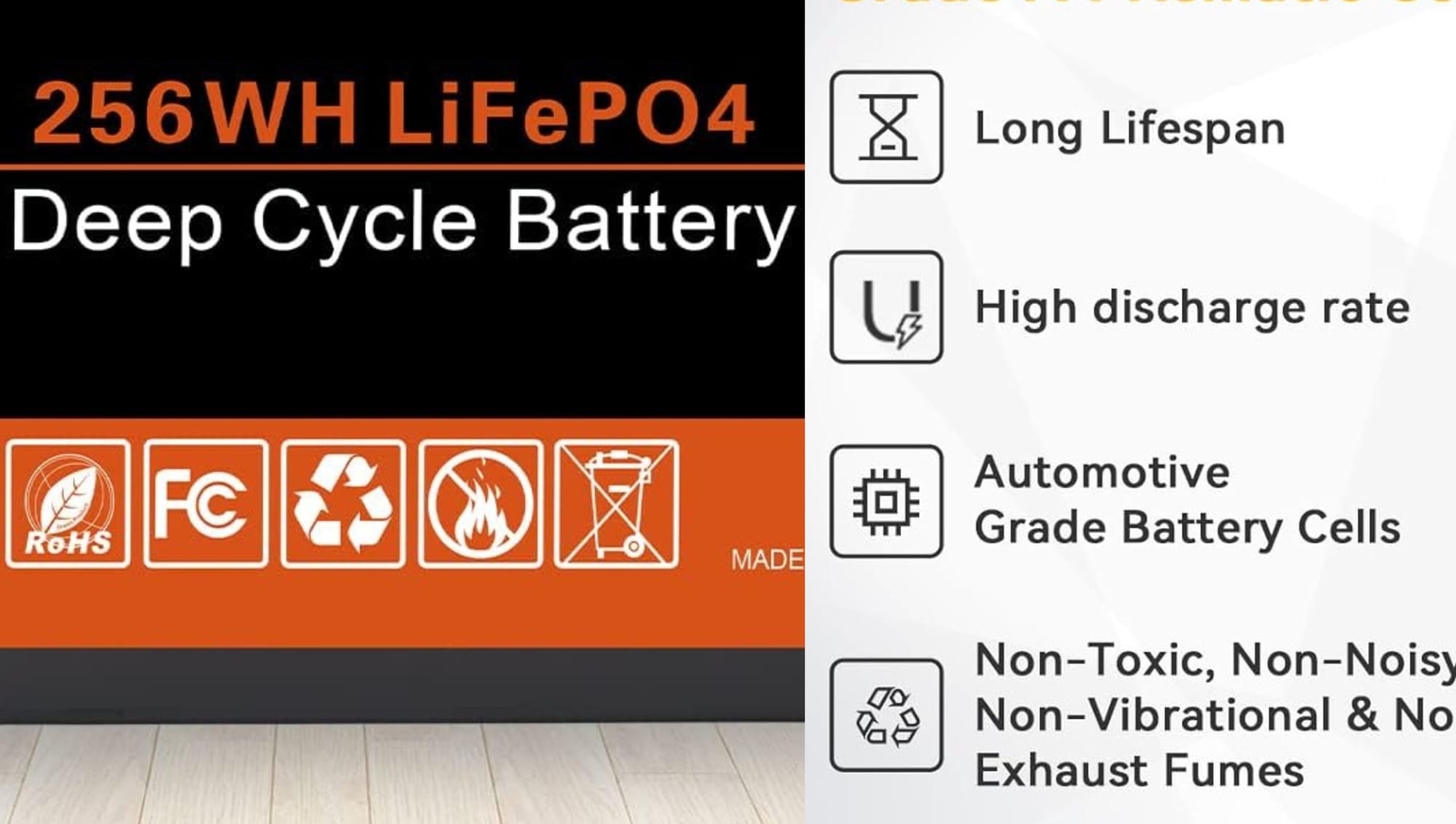Are LFP Batteries Environmentally Friendly?
Compared to traditional batteries, LFP batteries offer a greener alternative.

Key Takeaways:
- LFP batteries offer significant environmental benefits compared to traditional batteries.
- The production and disposal processes of LFP batteries are less harmful to the environment.
- LFP batteries have a longer lifespan, reducing the need for frequent replacements.
Introduction to LFP Batteries
LFP batteries, or Lithium Iron Phosphate batteries, have been gaining traction in various industries due to their impressive performance and safety features. But the burning question remains: are they environmentally friendly? This article dives deep into the environmental impact of LFP batteries, examining their production, usage, and disposal.
The Basics of LFP Batteries
LFP batteries are a type of lithium-ion battery that uses iron phosphate as the cathode material. This composition offers several advantages, including enhanced safety, longer life cycles, and better thermal stability. These attributes make LFP batteries a popular choice for electric vehicles (EVs), renewable energy storage, and other applications.
Environmental Impact of Battery Production
The production of batteries, in general, has raised environmental concerns due to the extraction and processing of raw materials. However, LFP batteries stand out because they use iron and phosphate, which are more abundant and less harmful to extract compared to cobalt and nickel used in other lithium-ion batteries.
Reduced Mining Impact
Mining for iron and phosphate is less damaging to the environment than mining for cobalt and nickel. Cobalt mining, in particular, has been associated with severe environmental degradation and human rights abuses. By using more readily available materials, LFP batteries help mitigate these issues.
Energy Consumption in Manufacturing
The manufacturing process of LFP batteries is also less energy-intensive compared to other types of lithium-ion batteries. This reduced energy consumption translates to a smaller carbon footprint, making LFP batteries a more sustainable option.
Longevity and Durability
One of the standout features of LFP batteries is their longevity. These batteries can endure more charge and discharge cycles compared to their counterparts, which means they last longer. A longer lifespan reduces the frequency of battery replacements, thereby decreasing the environmental impact associated with manufacturing and disposal.
Safety and Stability
LFP batteries are known for their thermal and chemical stability. They are less prone to overheating and catching fire, which not only enhances safety but also reduces the risk of environmental contamination from battery fires.
Recycling and Disposal
The disposal of batteries is a significant environmental concern. However, LFP batteries are easier to recycle compared to other lithium-ion batteries. The materials used in LFP batteries are less toxic and more straightforward to reclaim, making the recycling process more efficient and less harmful to the environment.
Case Study: Electric Vehicles
Electric vehicles (EVs) are a prime example of how LFP batteries can contribute to environmental sustainability. Many EV manufacturers are now opting for LFP batteries due to their long lifespan and safety features. This shift not only improves the performance of EVs but also reduces the environmental impact associated with battery production and disposal.
Renewable Energy Storage
LFP batteries are also making waves in the renewable energy sector. They are increasingly being used for solar and wind energy storage, thanks to their durability and efficiency. By storing renewable energy more effectively, LFP batteries help reduce reliance on fossil fuels, contributing to a greener planet.
Comparing LFP Batteries to Other Types
When compared to other types of lithium-ion batteries, LFP batteries come out on top in terms of environmental friendliness. They use less harmful materials, have a longer lifespan, and are easier to recycle. These factors make them a more sustainable choice for various applications.
Government Regulations and Incentives
Governments around the world are recognizing the environmental benefits of LFP batteries and are offering incentives to promote their use. These incentives include tax breaks, grants, and subsidies for companies that manufacture or use LFP batteries, further driving their adoption.
Consumer Awareness and Demand
As consumers become more environmentally conscious, the demand for eco-friendly products, including LFP batteries, is on the rise. This growing awareness is pushing manufacturers to adopt more sustainable practices and materials, leading to a positive cycle of environmental benefits.
Challenges and Limitations
Despite their many advantages, LFP batteries are not without challenges. One of the main limitations is their lower energy density compared to other lithium-ion batteries. This means they store less energy for the same weight, which can be a drawback for certain applications.
Future Prospects
The future looks promising for LFP batteries. Ongoing research and development are focused on improving their energy density and overall performance. As these advancements come to fruition, LFP batteries are expected to become even more environmentally friendly and widely adopted.
Real-World Applications
LFP batteries are already being used in a variety of real-world applications, from electric buses and trucks to home energy storage systems. These applications demonstrate the versatility and environmental benefits of LFP batteries, paving the way for broader adoption.
Conclusion
In summary, LFP batteries offer numerous environmental benefits compared to traditional batteries. Their use of less harmful materials, longer lifespan, and easier recycling process make them a more sustainable choice. As technology continues to advance, LFP batteries are poised to play a crucial role in promoting environmental sustainability.
Now that you're aware of the environmental friendliness, reduced use of harmful materials, longer lifespan, and easier recyclability of LFP batteries, consider trying one out. Click the link below to explore the LFP batteries we've selected from Amazon to get you started.

